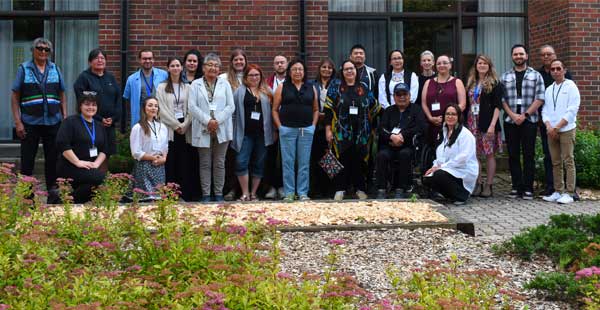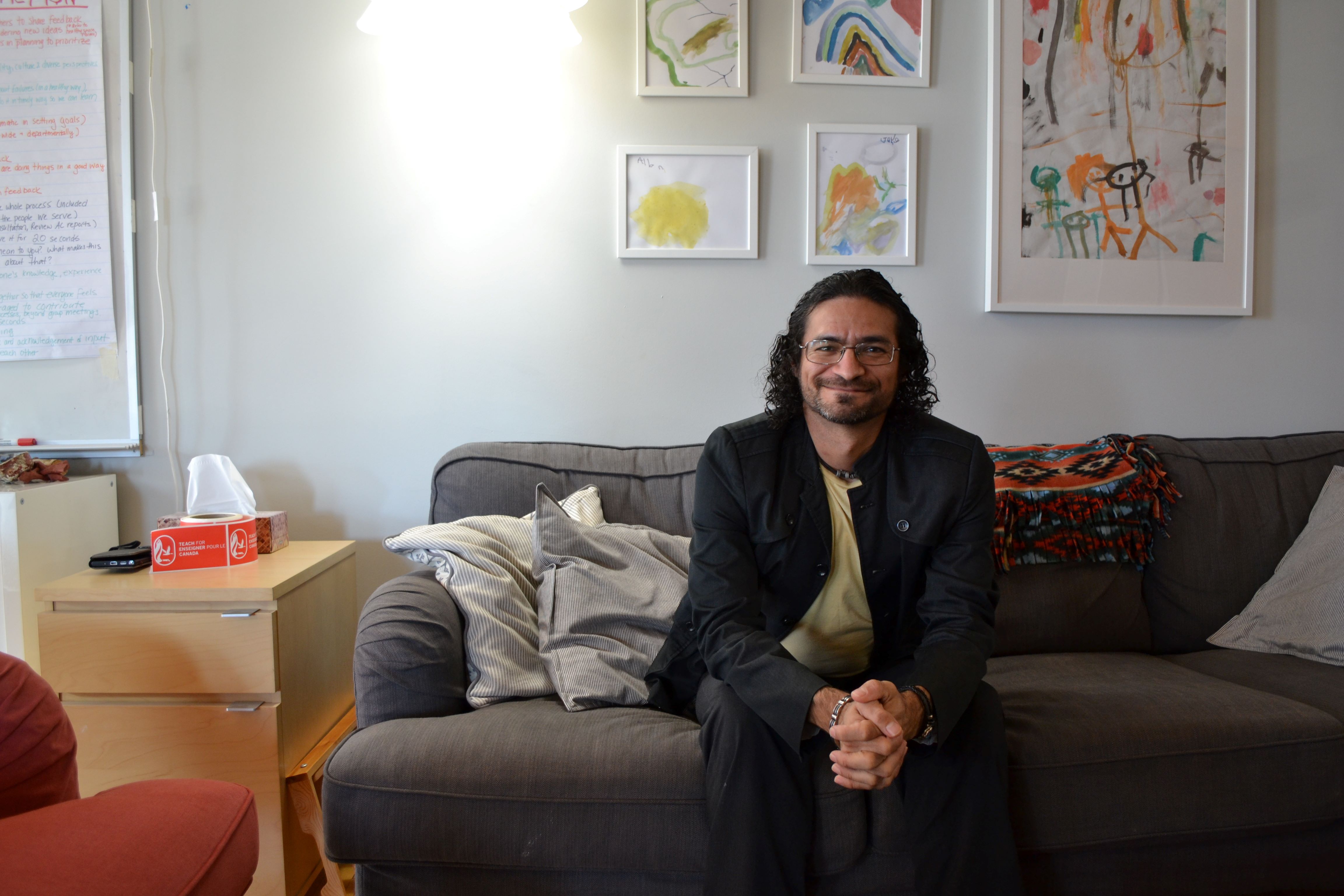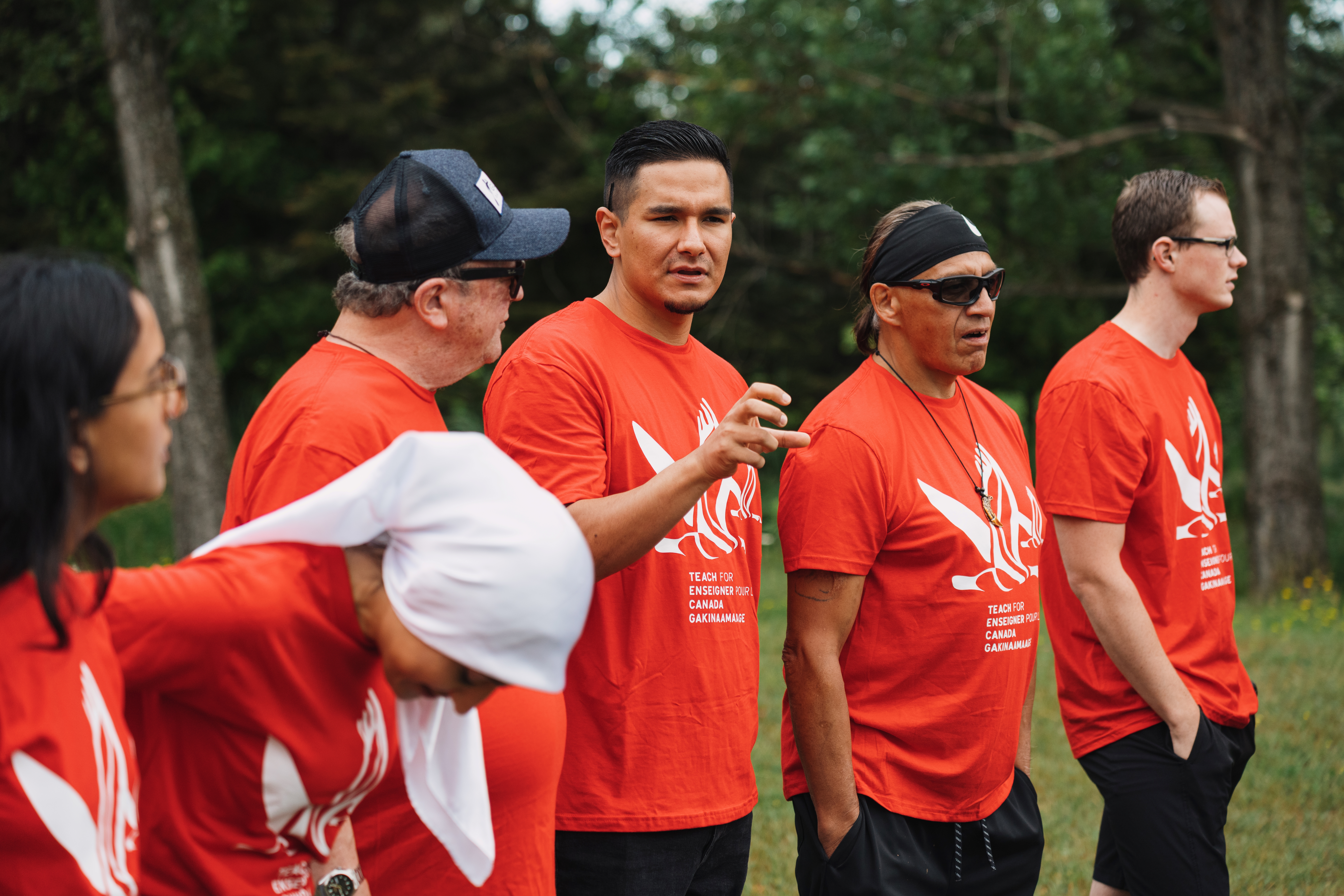Big Island Cree Nation is part of a national effort to improve education outcomes in Northern communities
- Local Journalism Initiative - NC Raine | October 16, 2023
A Canadian non-profit is working to increase the number of high school graduates living on reserve and has partnered with Big Island Cree Nation.
Current numbers don’t paint the most encouraging picture.
According to a 2023 Statistics Canada report, only 46 per cent of all First Nation youth living on reserve obtain their high school diploma, compared to 73-per-cent living off reserve, and 91-per-cent of non-Indigenous youth. The graduation rate is even lower in northern communities.
It’s believed this is due in part to access because nearly half of all First Nations don’t have access to a high school.
Big Island is located 360 kilometres northwest of Prince Albert. It is part of Treaty 6 but is an unaffiliated band meaning it is not a member of a tribal council, the Federation of Sovereign Indigenous Nations or the Assembly of First Nations.
It does have a K-12 school on reserve called the Chief Napew Memorial School.
Teach For Canada – Gakinaamaage (TFC), works with northern First Nations to recruit, prepare, and support teachers committed to working in the north, all in an effort to make education more equal.
“We are looking for teachers who have a genuine love for working with children,” said Ken Sanderson, executive director at TFC, and member of Pinaymootang First Nation in Manitoba. “We want that as a core value, which we build into the selection process. We also look for things like teachers who have an adventurous spirit or those who really appreciate the outdoors.”
Recruitment efforts involve the participation of the communities the candidates could be working in. Community partners help interview and assess the candidates and once they’re chosen, they go through a Summer Enrichment program.
“It’s really aimed towards helping them be successful in the community, (engaging in topics like) trauma-informed classrooms, the history of residential schools, and adapting pedagogy to First Nations contexts for northern communities,” said Sanderson.
TFC is in its eighth year and is in 26 communities, but for the first seven years it worked only with northern communities in Ontario and Manitoba. This year it expanded to include one northern community in Alberta and another in Saskatchewan.
Thanks to a $300,000 donation from BMO, TFC will soon expand to 45 northern First Nations.
TFC supports teachers through the two-year teaching commitment, which involves peer support networks, one-on-one sessions with teacher development managers, mental health counselling, and a variety of other supports critical to helping with success and retention, said Sanderson.
“It’s easier to approach someone and say, ‘Would you be willing to commit to two years?’ rather than saying ‘ would you like to go for the rest of your life?’ ” he said.
He knows the approach TFC is utilizing is the right one because they are seeing results.
There is a 95-per-cent retention rate for the teachers in Year One who utilize the supports and to put that into perspective it means 2,980 students from kindergarten to grade 12 are impacted by these teachers.
“For kids to have a successful education journey, you need to become engaged in learning, but you can’t become engaged in learning if you don’t have a trusting relationship with your educator and that can’t happen if you don’t have teachers open to being there, or teachers who just spend a couple months and it’s a revolving door,” said Sanderson.
But to make a significant impact on the education outcomes across Canada, society on a whole must make it a priority.



